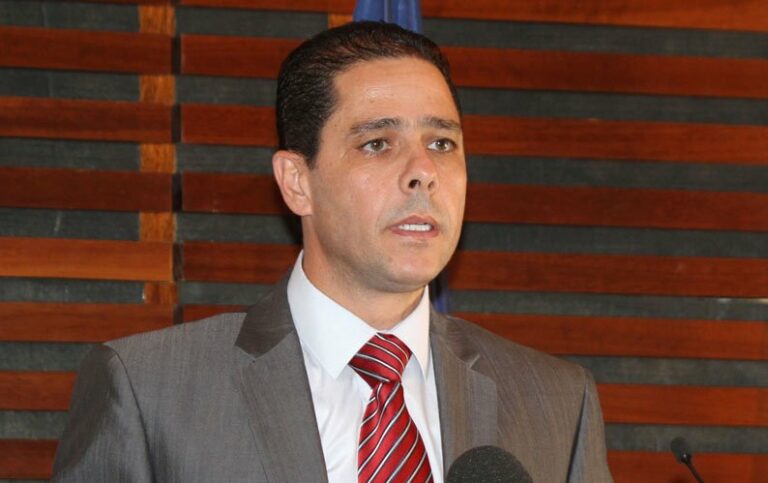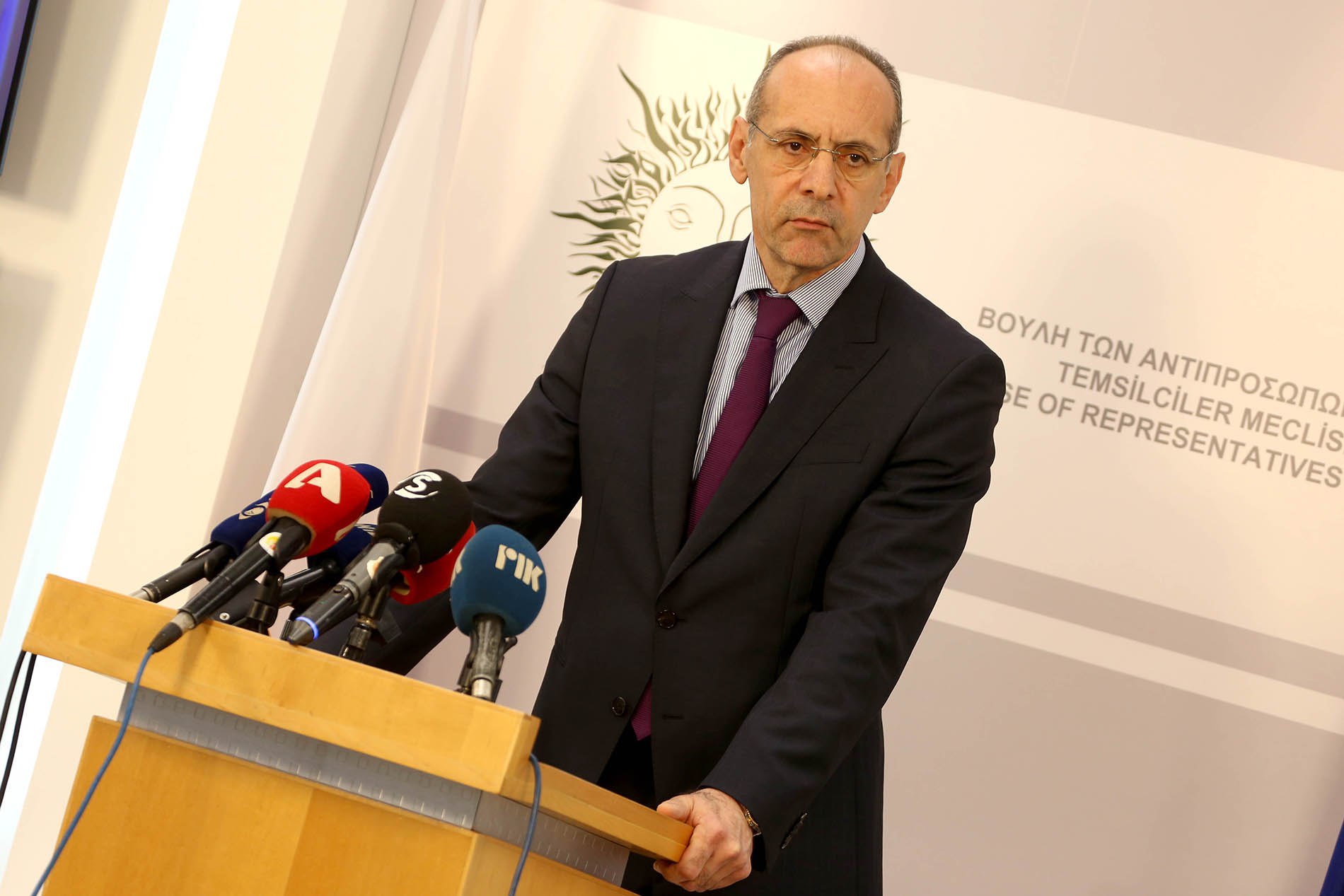Moving to protect consumers against ticket scalping, the European Parliament has voted to ban the use of automated software — or “bots,” as they are more commonly known — to mass-purchase concert tickets which are then resold at inflated rates on the secondary market.
The provision is part of a wider directive updating consumer protection rules for EU citizens.
As well as banning bots, the revamped laws require online marketplaces and comparison services such as Amazon, eBay and Airbnb to disclose how they rank products and services online and where paid placements have taken place, as well as outlawing fake consumer reviews.
When it comes to the secondary ticket market, the regulations specifically ban traders from circumventing “any imposed limit on the number of tickets that a person can buy” through automated means.
An accompanying recital text clarifies that “traders should be prohibited from reselling to consumers tickets to cultural and sports events that they have acquired by using software such as ‘bots’ enabling them to buy tickets in excess of the technical limits imposed by the primary ticket seller.”
The revised consumer laws also require professional sellers trading on online marketplaces to identify themselves.
MEPs voted in favour of the regulations — which amend four existing consumer protection directives — by a majority of 474 votes, 163 against and 14 abstentions on Wednesday 17 April.
The measures will now need to be approved by the European Council, most likely in June, after which EU member states will have up to two years to transpose the regulations into national law.
The UK, which is set to leave the European Union later this year, passed laws banning the use of bots to harvest tickets in 2017. Bot legislation has also been introduced in the U.S., Ontario, South Australia and New South Wales.
“Everyone apart from touts lose out from bot bulk buying of tickets, real fans either are unable to see their favourite team or artist or forced to pay many times the face value price, whilst event organisers are seeing their purchasing limits flagrantly violated,” said MEP and rapporteur Daniel Dalton, who led the implementation of the EU law changes. He called Europe’s first ban on bots an important first step in the wider battle against scalping.
Anti-touting organization The Face-value European Alliance for Ticketing (FEAT), which had lobbied for the changes in consumer law, said the bill would lead to “harmonising regulation across Europe.”
“This approach is critical as we know secondary ticketing companies like to exploit regulatory gaps. There is still much to be done and we will be campaigning for tougher legislation in the next parliamentary term,” said FEAT’s Sam Shemtoband Katie O’Leary.
Stricter regulation of the secondary market was also welcomed by the European Music Managers Alliance (EMMA), who called the banning of bots a positive step, but warned it was also just “one small piece of the jigsaw.”
“The EU Parliament has recognised the growing public concern about consumer exploitation in the secondary ticketing market,” said EMMA’s Per Kviman and Virpi Imonnen. “Tackling this issue requires a more comprehensive approach, and we hope there is potential to build upon this move,” they added.
According to a recent study of bot activity conducted by cyber security company Distil Networks, over 40 percent of activity on primary ticketing platforms is attributable to automated bots, second only to the financial industry.
Edited by Bouli Hadjioannou















